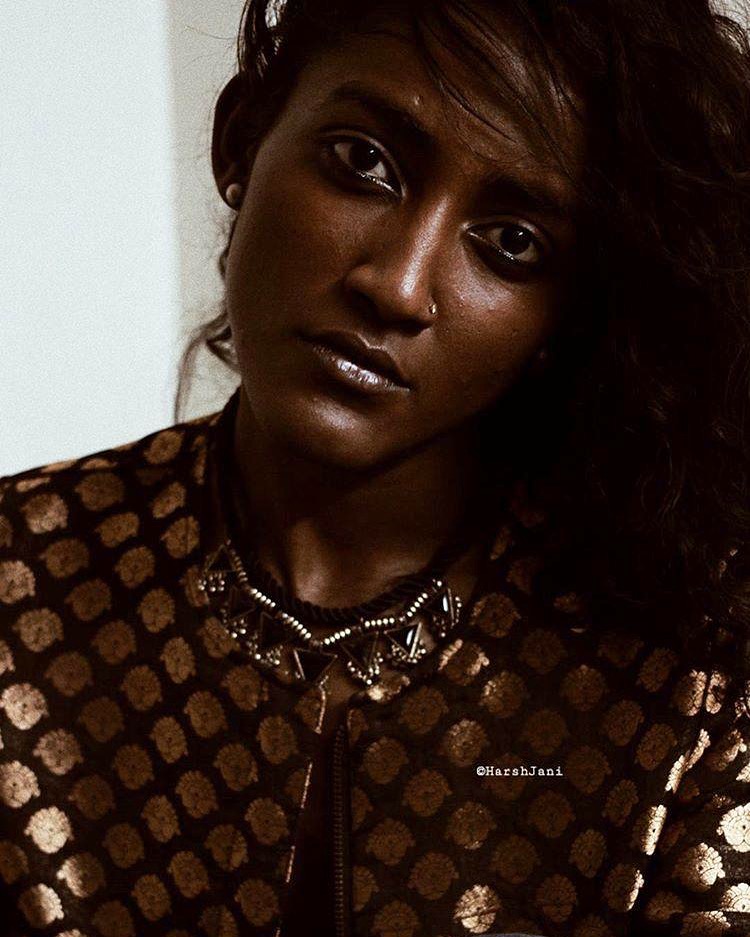From the moment she had any cognition, Seema says, she knew that she was dark-skinned and that it was not desired. Being the darkest girl in school, Seema experienced traumatic instances from kids not wanting to play with her and not wanting to line up behind her because they thought they would get dirty by simply being close to her. There was constant bullying at school, rejections from boys she liked, and regular snide remarks about Seema’s “rowdy” and “tom boyish” behavior from neighbors. Seema started feeling like, “the world validated that no one really likes you, and it is true what others were saying.” With several instances, some unrelated to colorism, Seema resigned to thinking that she would simply live “a life of service” and even became suicidal at one point. Her friends in college helped her move away from those thoughts, but the comments from others never really stopped. In one instance, Seema was putting together a fashion show for her college and even trained some to walk the runway, and in return they would tell her, “you know how to walk and you know everything [about modeling], but you can’t be a model right, because you're dark skinned.” After graduating, Seema went to China and several people there wanted to take pictures with her because they found her skin “unique.” She said, in a “weird tokenized way, I felt appreciated. I’m not ugly, I’m just unique, and unique is great.” She then moved to the US and noticed several Black women embracing their skin color and found her confidence through them. When she returned to India for a visit, a makeup artist requested her to model for them because they wanted a model with her skin color. Today, Seema is an engineer and models part-time and recognizes that, “externally the world has not changed, but I’m trying to change it for myself.” She laughs about the “paradox” that the industry “fully obsessed with looks and perfection, showed me I don’t have to be obsessed with it at all.”

